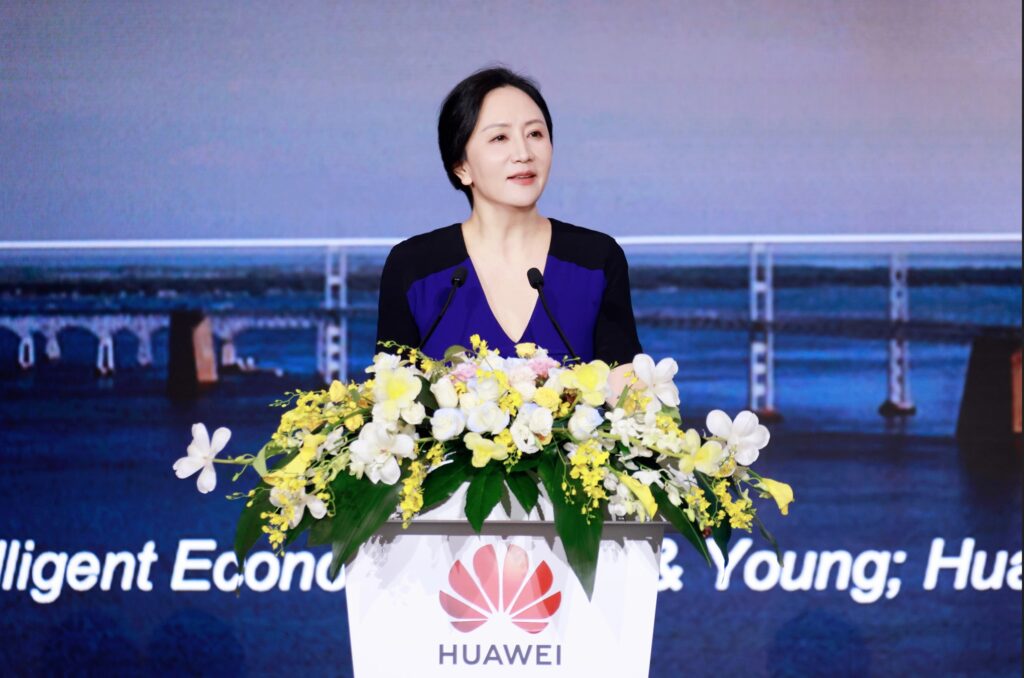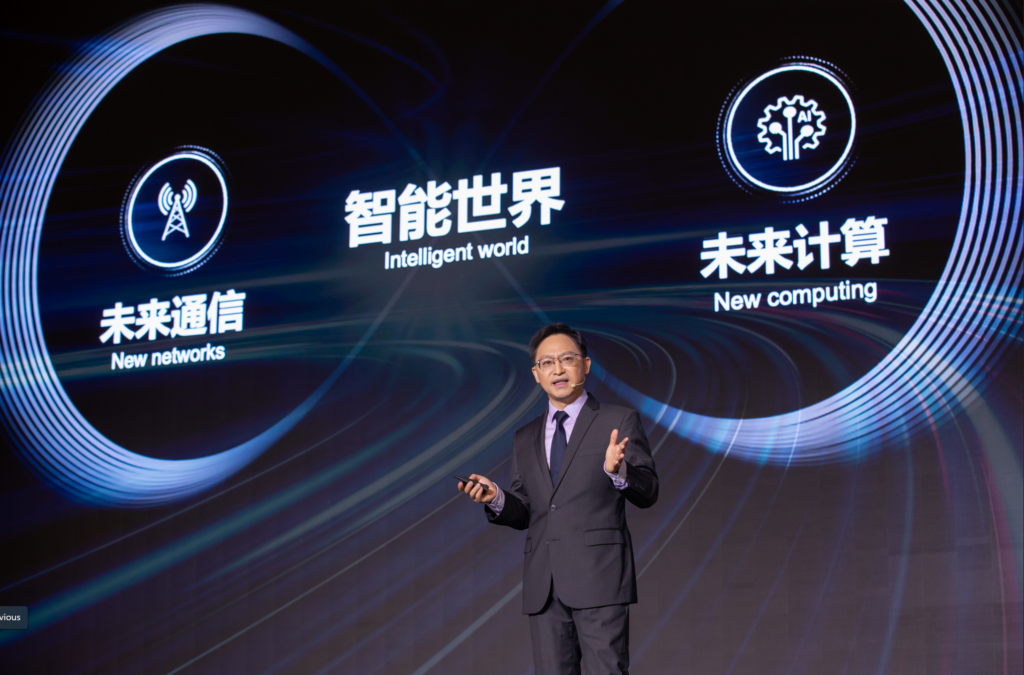As the world accelerates towards a more connected and intelligent future, Huawei’s 20th annual Global Analyst Summit (HAS), held in Shenzhen, China, served as a vibrant platform for industry experts and thought leaders to converge and discuss the next steps in the digital transformation journey. With over 1,000 attendees, including industry analysts, financial analysts, key opinion leaders, and media representatives from around the globe, the summit offered valuable insights into the current state and future prospects of the ICT industry.
This article provides a comprehensive summary of the key takeaways from the event, exploring the strategic roadmaps for digital transformation, innovative industry solutions, and the challenges that lie ahead as we navigate this exciting digital frontier.
Digitalization: A Blue Ocean for the ICT Industry
Sabrina Meng, Huawei’s Deputy Chairwoman, Rotating Chairwoman, and CFO, opened the summit with a keynote, emphasizing that digitalization represents a “blue ocean” for the entire ICT industry. “Huawei will keep investing in domains like connectivity, computing, storage, and cloud,” she said.

Meng outlined Huawei’s goals to help organizations go digital in four stages: digitizing operations, building digital platforms, enabling platform-based intelligence, and putting intelligence to use. She stressed that successful digital transformation should be driven by strategy, not technology.
Three Key Takeaways from Huawei’s Digital Transformation Experience
Meng shared three essential insights from Huawei’s nearly 10 years of digital transformation experience:
- Strategy is essential: Digital transformation is about strategic planning and choices.
- Data is the foundation: Methodical data governance is key, and integrating data across dimensions creates greater value.
- Intelligence is the destination: Digitizing operations and building digital platforms lay the foundation for digital transformation, while putting intelligence to use takes it to the next level.
Dr. Zhou Hong’s Vision for an Intelligent World
Dr. Zhou Hong, President of Huawei’s Institute of Strategic Research, spoke about Huawei’s hypotheses and visions for a future intelligent world, focusing on transforming experience into structured knowledge and laying the foundation for intelligence. He highlighted the need to rethink approaches to networks and computing as we move towards an intelligent world.

Dr. Zhou explained that in networking, we must move beyond the limits of Shannon’s theorems to drive a 100-fold increase in network capabilities over the next decade. In computing, we need to explore new models, architectures, and components to improve our understanding and control of intelligence. Additionally, we must continue to explore AI applications for industry, science, and beyond.
Panel Discussion on Digital Productivity
Following the keynotes, a panel discussion centered on digital productivity’s role in driving industry digitalization, the challenges faced in the digitalization process, recommended actions, and expectations for industries building up their digital productivity. The panel included Li Peng, Liang Yongji, Liu Hong, and Charles Ross.
Huawei’s AI for Industry: Creating Value Across Industries
Dr. Zhou introduced Huawei’s AI for Industry, which uses industry-specific large models to create more value across various industries. These models have been used in major industries, such as electric power, coal mining, transportation, and manufacturing, to improve operational efficiency and safety.
Moving from Narrow AI to General and Super AI
Dr. Zhou concluded that networks and computing are the cornerstones underpinning the shift from narrow AI towards general-purpose AI and super AI. He highlighted three key steps to reach this goal: driving breakthroughs in theories and technologies, pushing our cognitive limits to better understand and control intelligence, and defining the right vision and approach to guide AI development in a way that helps overcome human limitations, improve lives, and drive societal evolution.
Digital Transformation: Not a One-Size-Fits-All Solution
Huawei is developing application scenarios to make digital technology the source of new productivity by helping industries find the right technical solution for the right scenario. By the end of 2022, over 700 cities and 267 Fortune Global 500 companies worldwide had chosen Huawei as their partner for digital transformation.
Cultivating a Broader Digital Talent Ecosystem
Huawei is working hard to cultivate a broader digital talent ecosystem to support the ICT industry and ensure its sustainable growth. The company is focusing on collaborating with partners, industry organizations, and academic institutions to nurture talent in areas such as AI, computing, and networking. These efforts are aimed at closing the global digital skills gap and ensuring that there is a strong, capable workforce to drive the digital transformation process forward.
In summary, the 2023 Huawei Global Analyst Summit showcased Huawei’s vision for a digital future, its commitment to driving digital transformation across industries, and its dedication to cultivating a digital talent ecosystem. With its continued focus on innovation and investment in strategic domains, Huawei aims to thrive together with its partners and customers, helping to create a more connected and intelligent world.

Are you enjoying your time on JBKlutse?
Articles like these are sponsored free for everyone through the support of generous readers just like you. Thanks to their partnership in our mission, we reach more than 50,000 unique users monthly!
Please help us continue to bring the tech narrative to people everywhere through relevant and simple tech news, reviews, buying guides, and more.
Support JBKkutse with a gift today!